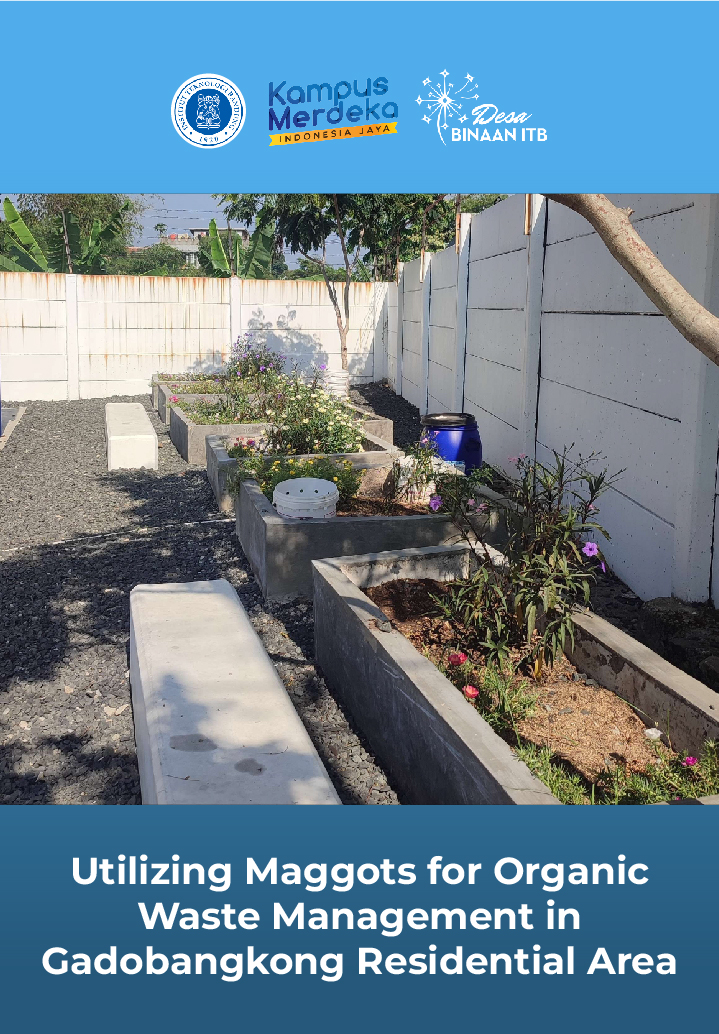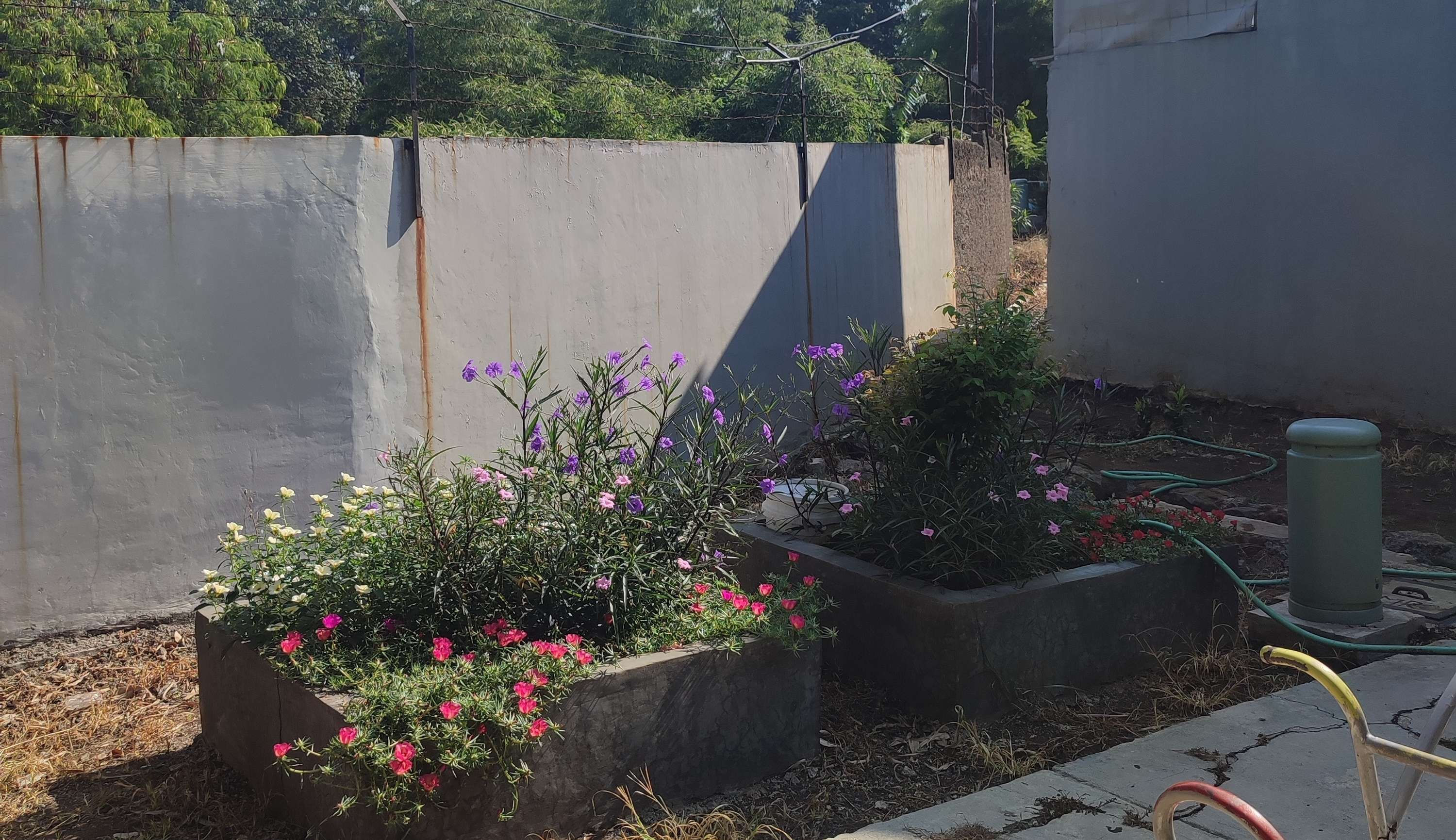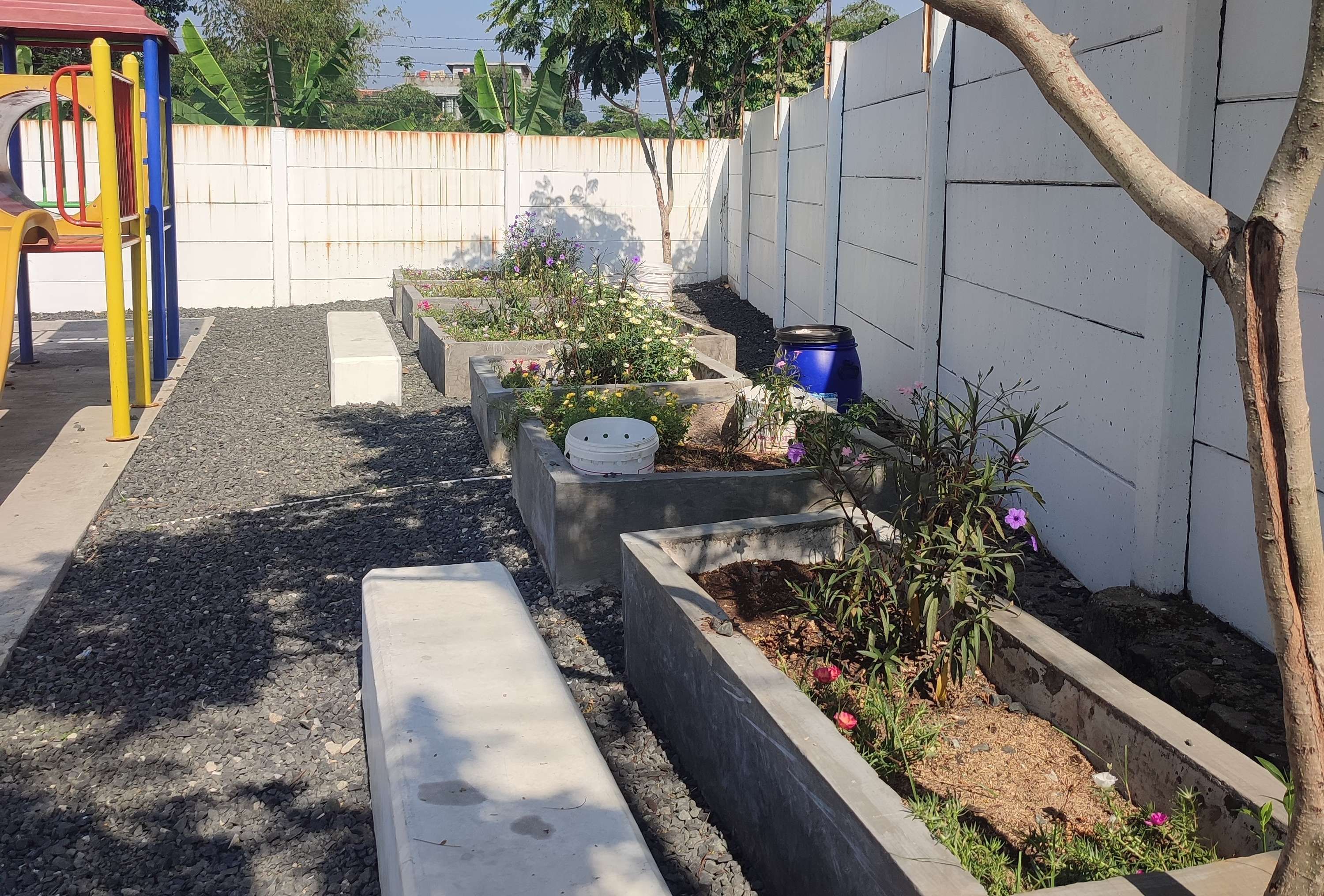

Background and Challenges of Waste Management
Organic waste management has become a significant challenge in West Bandung Regency (KBB), especially after the fire at Sarimukti Landfill in August 2023, which drastically reduced its waste capacity. From accommodating 40 truckloads daily, the landfill now only handles 17. The local government has since promoted waste sorting programs, urging village heads to educate residents about separating organic and non-organic waste. Organic waste, primarily from household kitchens, holds great potential for conversion into compost or animal feed.
A survey conducted in Nevada Downtown and Eureka Housing Complex in Gadobangkong Village revealed that each household produces an average of 400 grams of organic waste daily. However, 93% of residents still rely on garbage collectors for disposal. Despite 55% already sorting their waste, many are unfamiliar with organic waste processing using maggots.
Maggots as an Innovative Solution
Maggots, the larvae of Black Soldier Fly (BSF), were introduced as an environmentally friendly alternative for organic waste management. A single maggot can decompose up to 50 times its body weight in a day without emitting foul odors. Furthermore, adult maggots are rich in protein, making them an excellent alternative for animal feed.
Dr. Indria Herman from ITB's Faculty of Mechanical and Aerospace Engineering (FTMD) noted that 66% of residents support organic waste management and are willing to use available facilities. However, concerns remain about the potential impacts, especially in neighborhoods with many children.
Initial Steps in Gadobangkong Housing Complex
A community service team from ITB, led by Dr. Indria Herman and supported by experts from various faculties, initiated a program integrating public facilities with organic waste management solutions. One innovative approach was the use of raised beds for ornamental plants, which also serve as composting sites for organic waste.
“We chose raised beds as a multifunctional solution. They beautify the environment while supporting sustainable waste management,” said Dr. Indria Herman. Recognizing the need for public awareness, the team also conducted educational campaigns about organic waste processing in the housing complex.
Long-term Benefits and Hopes
This program is expected to reduce the volume of waste sent to Sarimukti Landfill and raise environmental awareness among residents. With the potential of organic waste management using maggots, modern residential areas like Gadobangkong can set an example for independent waste management success.
“This may be a small step, but its impact is significant in preserving our environment and creating new economic value,” concluded Dr. Indria Herman.
Related News:
1. rri.co.id: Warga Komplek Gadobangkong Manfaatkan Maggot dalam Pengolahan Sampah
2, rri.co.id: Tim ITB Menginisiasi Pengolahan Sampah Organik Secara Mandiri

